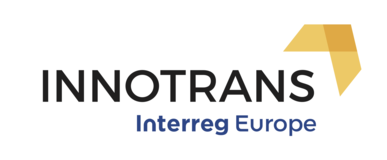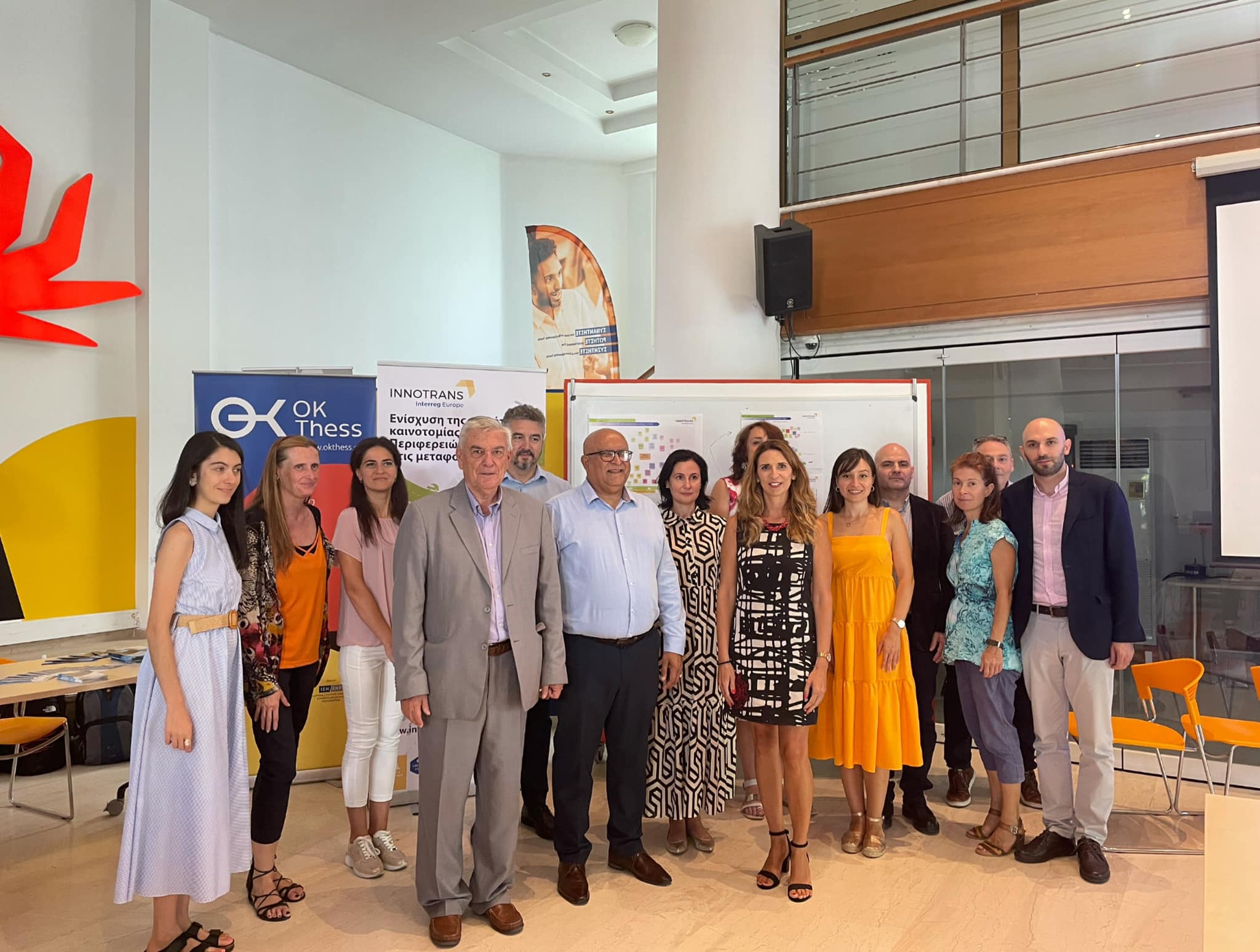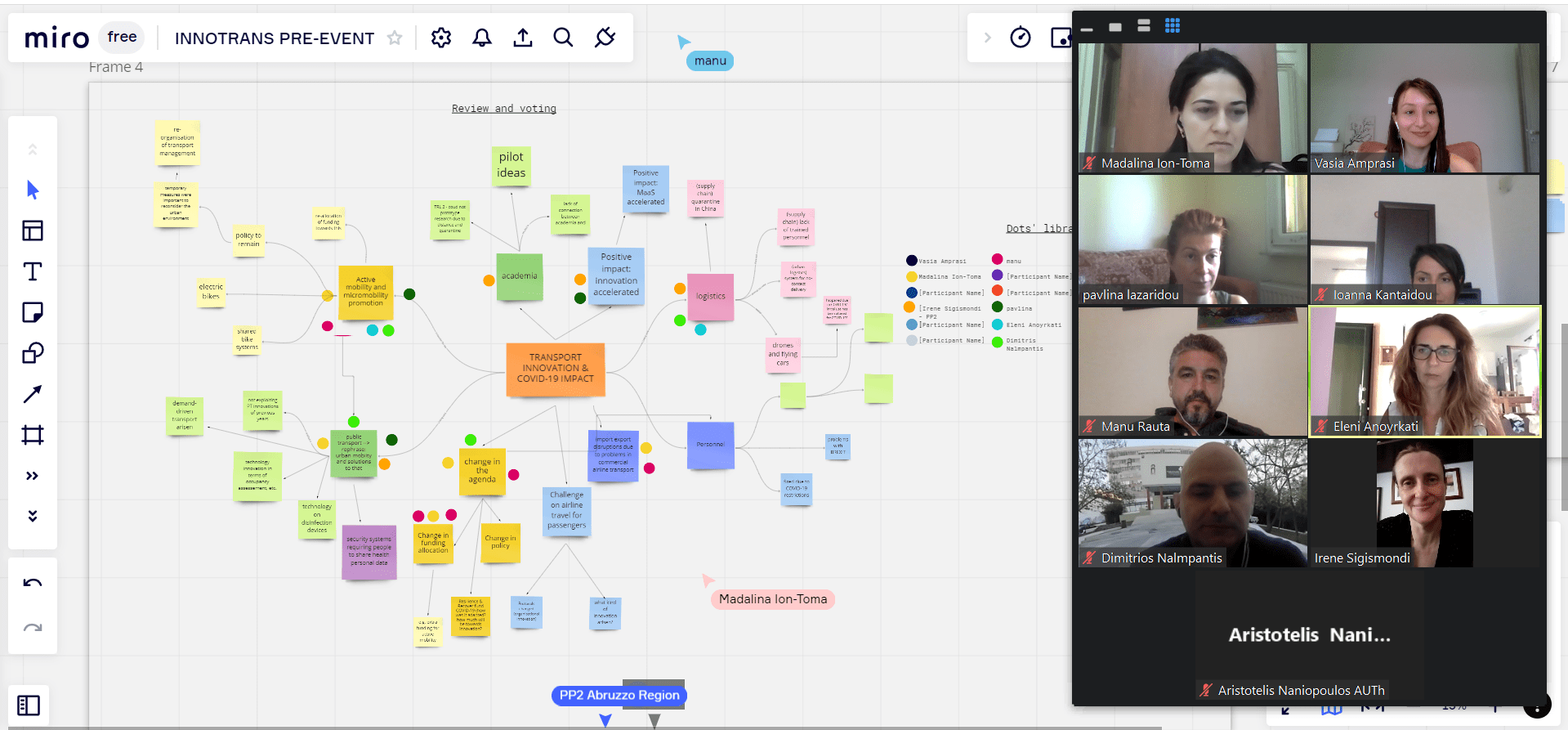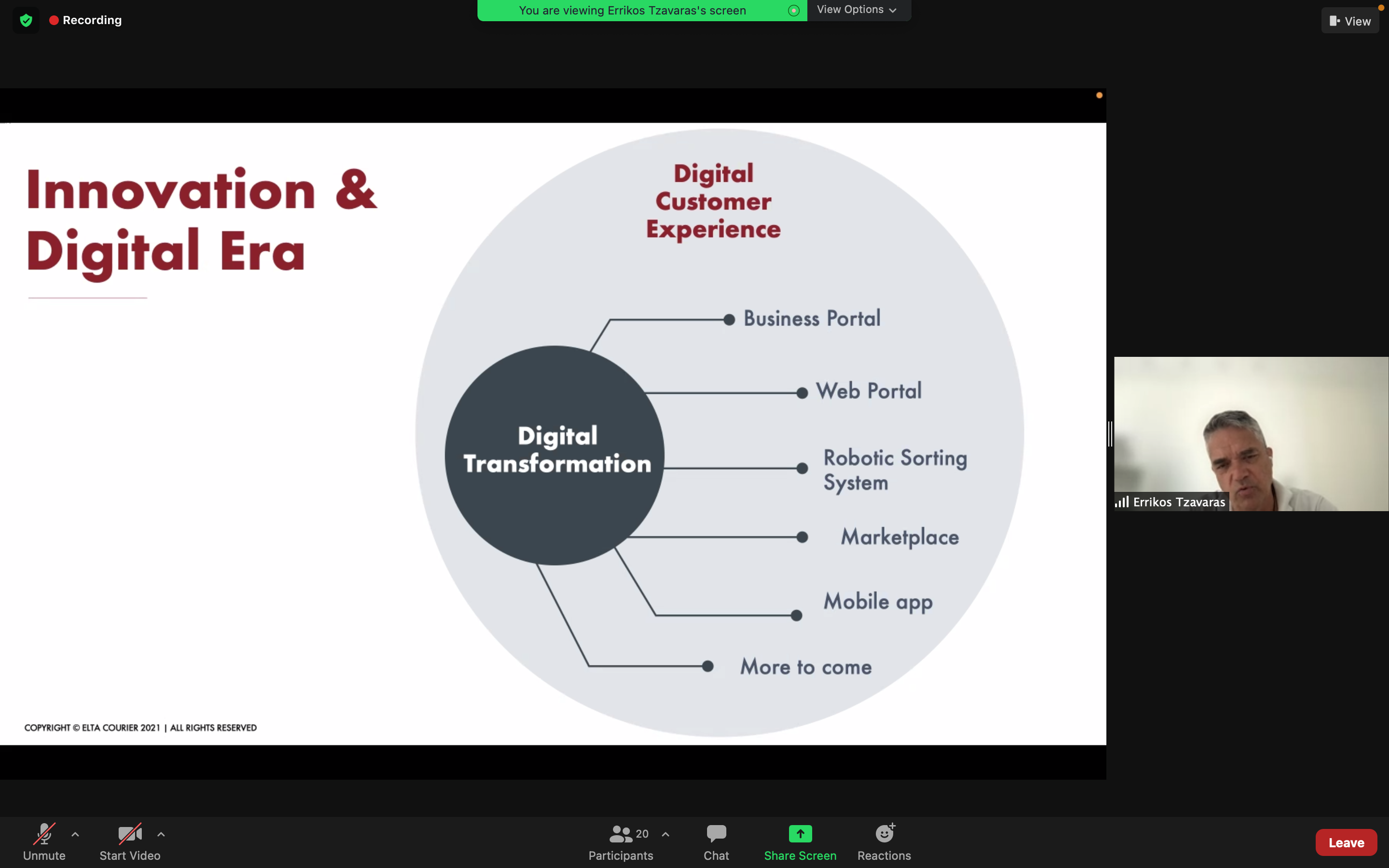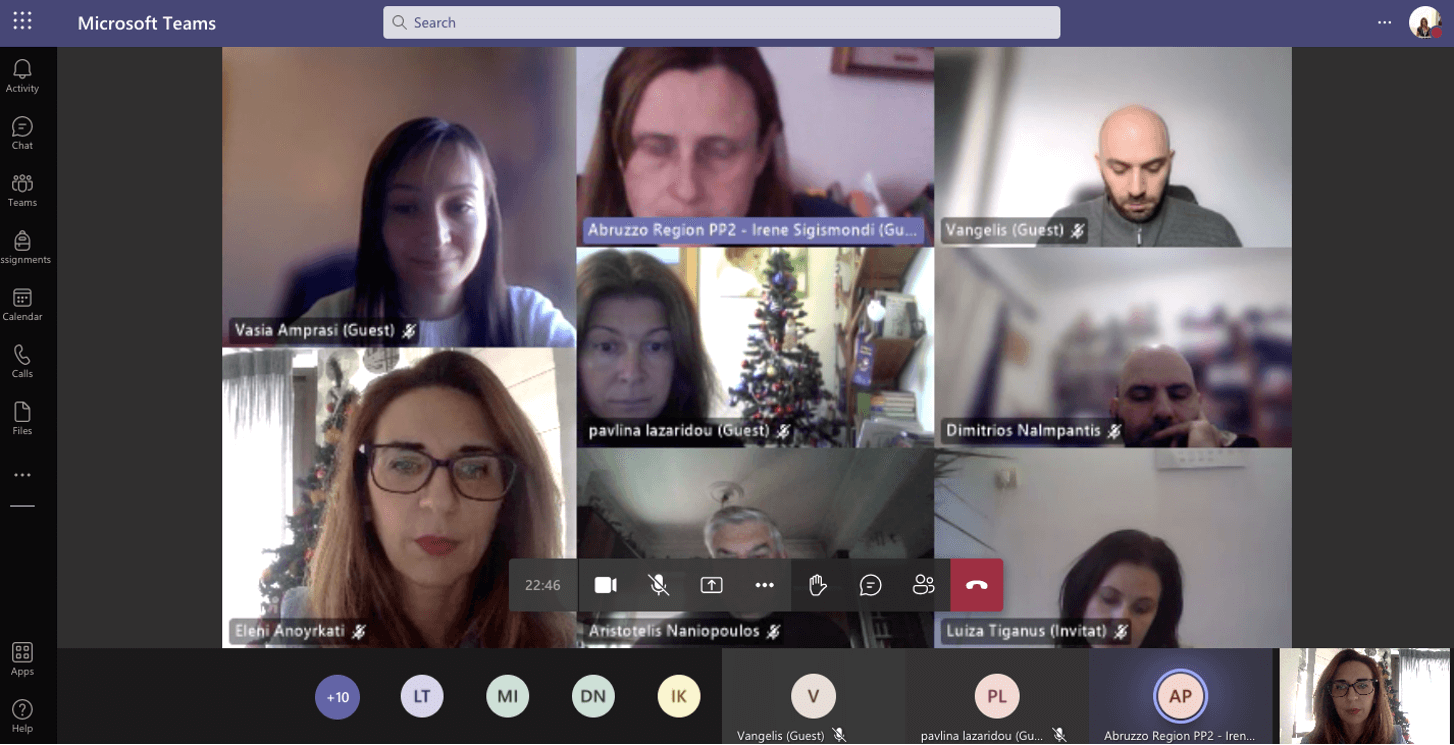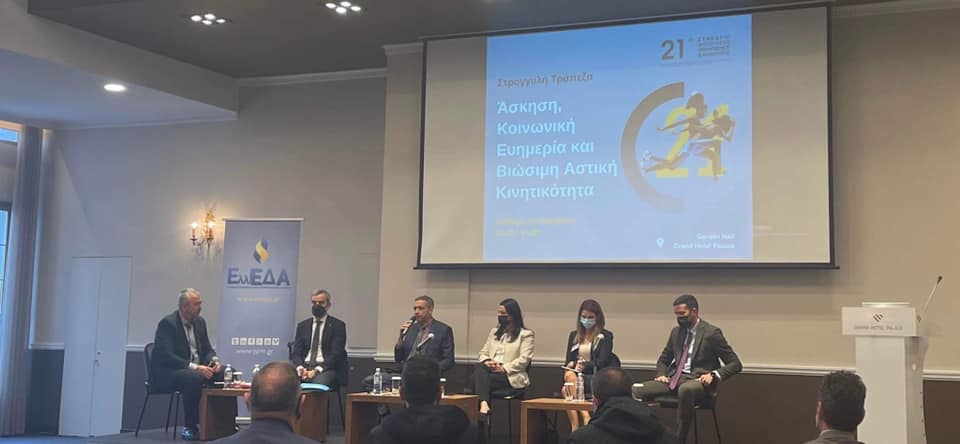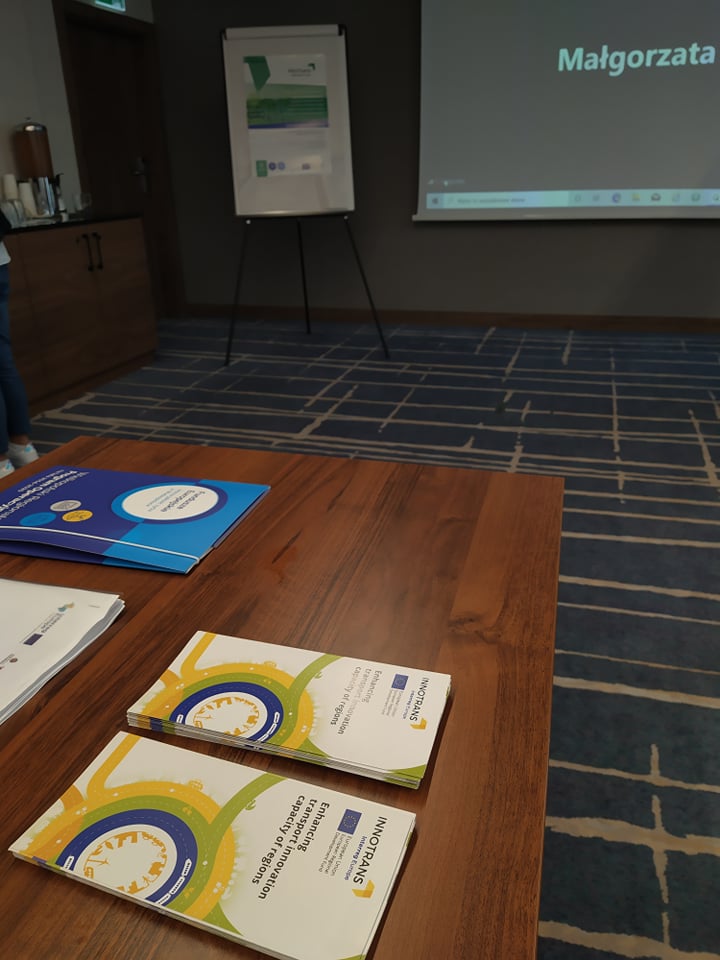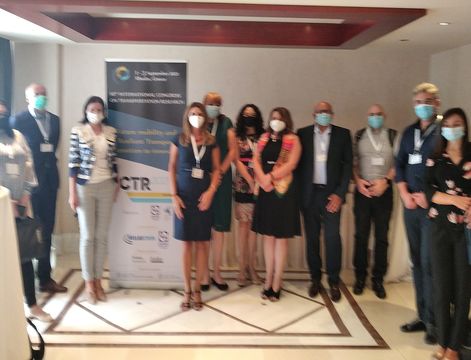One of the Project objectives is to frame a series of recommended approaches as an input to be considered by policy makers involved at various institutional levels, to prepare, discuss and implement public policies dealing with innovation in the transport domain. Corresponding to this effort, the task of producing the Policy Recommendations is actually rather ambitious and for sure challenging. Abruzzo Region, as Partner of INNOTRANS Project, is directly involved in the process of coordinating the Policy Recommendations final document, which is going to form one of the deliverables of the Project at the end of phase 1.
INNOTRANS Project specific focus on innovation has been intensely exploited, thanks to the various interactions among Partners, the good practices recorded and classified by the Project and through the exchange of experiences achieved during the study visits.
Innovation is not a clear concept, but an ongoing process, very difficult to define in concrete terms and it also seem to depend on the perspective assumed in the process of considering a single topic or a sector.
The tendency for policy makers is to rely on passive, top-down approaches, and there is a need for effective strategies at multiple levels to engage and support key stakeholders to implement policies. When talking about innovation, change in the traditional top-down methodological approach can prove both disruptive and successful, because it is not based on assumptions but evidence-based and it seeks a continuous fact-checking with data and daily practice information, coming from direct experience. To be transformative, the learning process needs to support a significant shift in culture to acquire a less prescriptive viewpoint, in favour of a more open, adaptive and cooperative approach that purposively question any underpinning assumptions, beliefs, and unilateral perspectives.
The knowledge elicitation Workshop organised in Thessaloniki on December 4th during the Project Meeting, in the form of a World Café in three different roundtables, has been very helpful to engage in critical reflections and to collaborate with stakeholders - such as policy makers, operators, academia and research centres, users and the community in general - in order to consider all the facets involved by innovation in the transport policies domain in terms of guidelines and constraints (e.g. territory, environmental issues, economic and social development etc.).
With a particular focus on articulating a sort of needs assessment, the collaborative approach was able to point out several relevant aspects for each type of stakeholder, and the learning process could also build upon the findings of the exchange of experiences collected throughout the Project, and provided a fundamental trigger to facilitate a more comprehensive understanding of the many aspects involved.
The implementation of a Report of Policy Recommendation will now conclude at the end of phase 1 of the Project, with contributions by all Partners and coordination Abruzzo Region, in a common effort to provide a solid document, valid for future references in the interactions with the policy makers.
A brief version of the Report will be translated in the Partners’ languages, for a wider diffusion, and published on the Project website.
Irene Sigismondi
INNOTRANS project manager, Abruzzo Region
